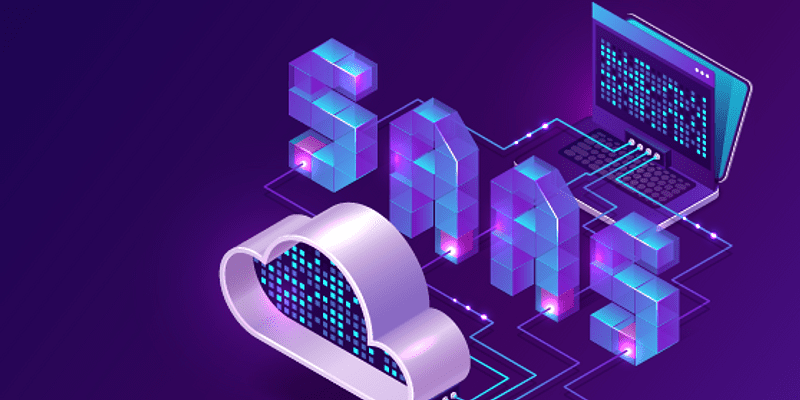
About 99% of Indian B2B SaaS companies adopt deep-tech innovations to address clients’ needs and challenges. AI/ML dominates adoption (54%), followed by Big Data/Descriptive Analytics (39%) and Intelligent Automation (7%), a report by EY-Nasscom revealed.
EY India and Nasscom report on Unlocking DeepTech Potential in Indian B2B SaaS highlight deep-tech’s pivotal role in the industry’s growth. The report analyses 201 Indian B2B SaaS companies, revealing deep-tech adoption dynamics and its potential to drive growth for inventive firms developing intellectual property.
“Indian B2B SaaS companies are focusing on deep-tech and AI, resulting in breakthrough growth through investments in inventive technologies. This approach can enable premium positioning and competitive advantage, as Indian companies challenge global leaders and gain market share,” said Nitin Bhatt, Technology Sector Leader, EY India.
He added, “An ‘Invent in India’ mindset drives distinctive product innovations valued by top customers worldwide. A focus on developing deep-tech talent and improving access to patient capital will accelerate India’s SaaS leadership on the global stage.”
Indian B2B SaaS firms are increasingly focusing on AI-led digital transformation, particularly in predictive analysis, conversational AI, computer vision, and generative AI, the report highlighted. It can accelerate deep-tech innovation by nurturing an ecosystem that integrates strategic deep-tech solutions to meet evolving customer use cases, accelerating the scale of innovation.
The report also revealed that one in four (25%) of the Indian B2B SaaS companies surveyed are inventive deep-tech focused, and between them, they have filed over 1,400 patents in the last half-decade, compared to only 574 patent filings in the previous decade.
Additionally, they are also leveraging deep-tech to serve horizontal application areas, including sales and marketing, human resources, and operations and supply chain.
According to the report, disruptive Indian B2B SaaS companies that focus on inventive deep-tech can potentially achieve a sustainable 30-50% CAGR.
.thumbnailWrapper
width:6.62rem !important;
.alsoReadTitleImage
min-width: 81px !important;
min-height: 81px !important;
.alsoReadMainTitleText
font-size: 14px !important;
line-height: 20px !important;
.alsoReadHeadText
font-size: 24px !important;
line-height: 20px !important;

The top three challenges highlighted by Indian B2B SaaS companies are the availability of deep-tech talent (80%), patient capital (40%), and deep-tech infrastructure (27%).
Strategic partnerships with government and academia, scaling up deep-tech talent, democratising AI/ML research, seed capital, and infrastructure will foster transformative advancements in the country, the report said.
“Deep-tech has the potential to profoundly propel India’s growing digital economy by creating a seismic transformation across all facets of the nation’s narrative. Empowered by the growing democratisation and accessibility of deep technologies, Indian B2B SaaS enterprises are poised to seize a prominent role in the global B2B tech landscape,” said Sangeeta Gupta, Senior Vice President, and Chief Strategy Officer at Nasscom.
“As we move ahead, prioritising innovative and inventive deep-tech and, at the same time, addressing the growth impediments will be fundamental in building a globally competitive and the most attractive deep-tech-led B2B SaaS destination in the world,” she explained.
Edited by Suman Singh



![Read more about the article [Funding alert] Fintech startup Open becomes India’s 100th unicorn, raises $50M in Series D led by IIFL](https://blog.digitalsevaa.com/wp-content/uploads/2022/05/CopyofImageTaggingNewBrandingEditorialTeamMaster-1651479778980-300x150.jpg)






